The death of a loved one can be overwhelming. But even while processing the grief in the days and weeks afterward, those left behind are expected to finalize the affairs, responsibilities, and financial accounts of the deceased friend or family member while also making funeral arrangements. We asked experts to provide insights to those unsure of the immediate steps.
Find Your Loved One’s Legal Documents

Tracking down a loved one’s will, trusts, and other end-of-life legal documents outlining their wishes and financial affairs is a key first step, says Brannon Lambert, a certified financial planner and owner of Canvasback Wealth Management. “Hopefully these are easy to locate. If the obvious spots don’t yield the documents, you need to start looking for an attorney’s contact information laying around the house … or locate a safety deposit box. These documents will dictate everything moving forward,” Lambert says.
Related: 12 Reasons You Should Have a Will Sooner Than You Think
Identify Funeral Wishes and Begin Making Arrangements
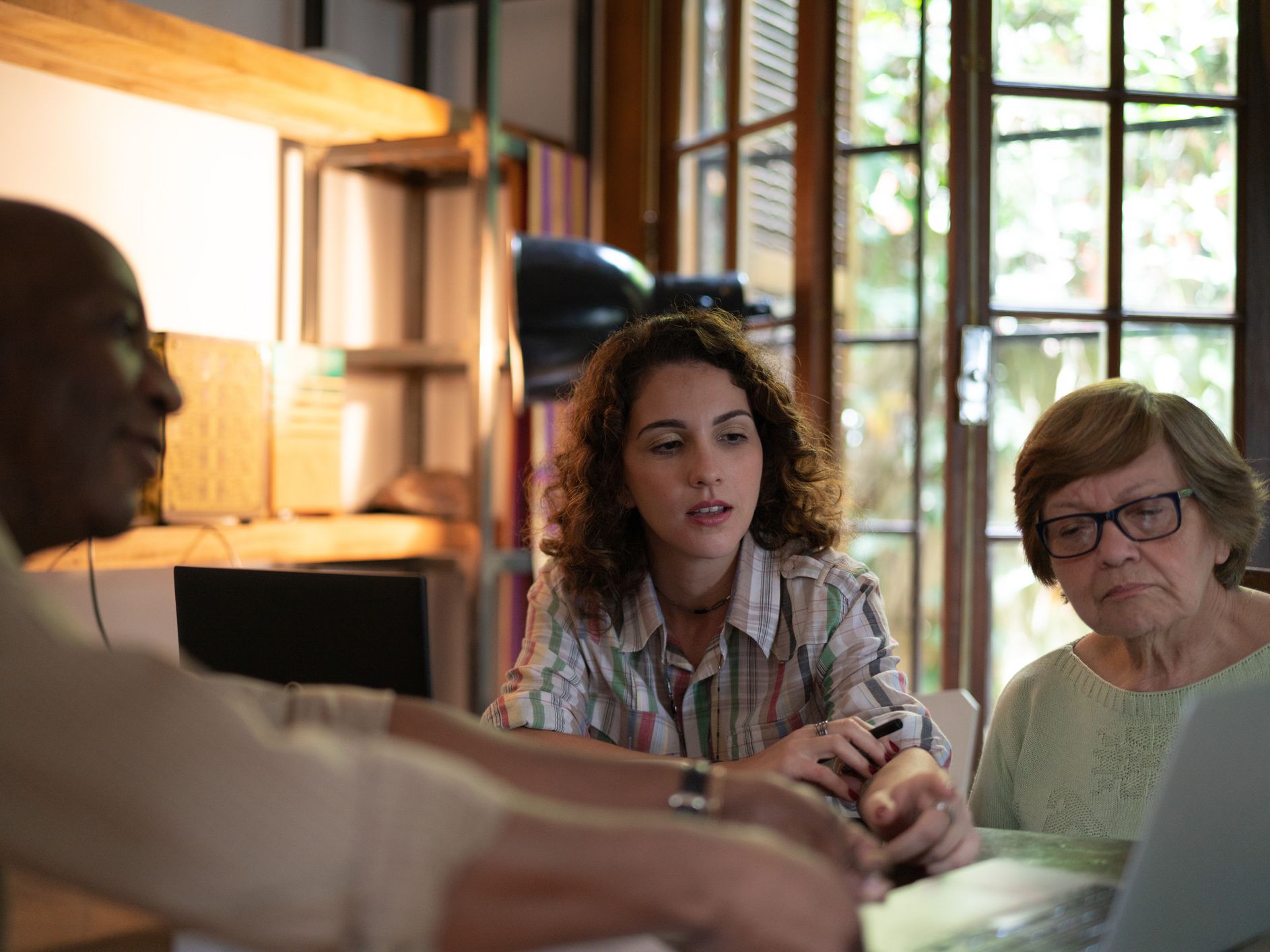
Finding a loved one’s end-of-life documents will also (ideally) help you make necessary funeral arrangements. “If you know your loved one made an advance funeral plan, gather any associated documentation — it might be a binder from a funeral home or a digital file containing instructions and agreements related to things such as funeral insurance, a burial plot, and even savings set aside for a memorial gathering,” says Karen Bussen, founder and CEO of Farewelling, an online platform that helps people navigate funerals and end-of-life planning. Finding this documentation will help guide you through important next steps and decisions.
For more smart tips for seniors, please sign up for our free newsletters.
Get the Death Certificates
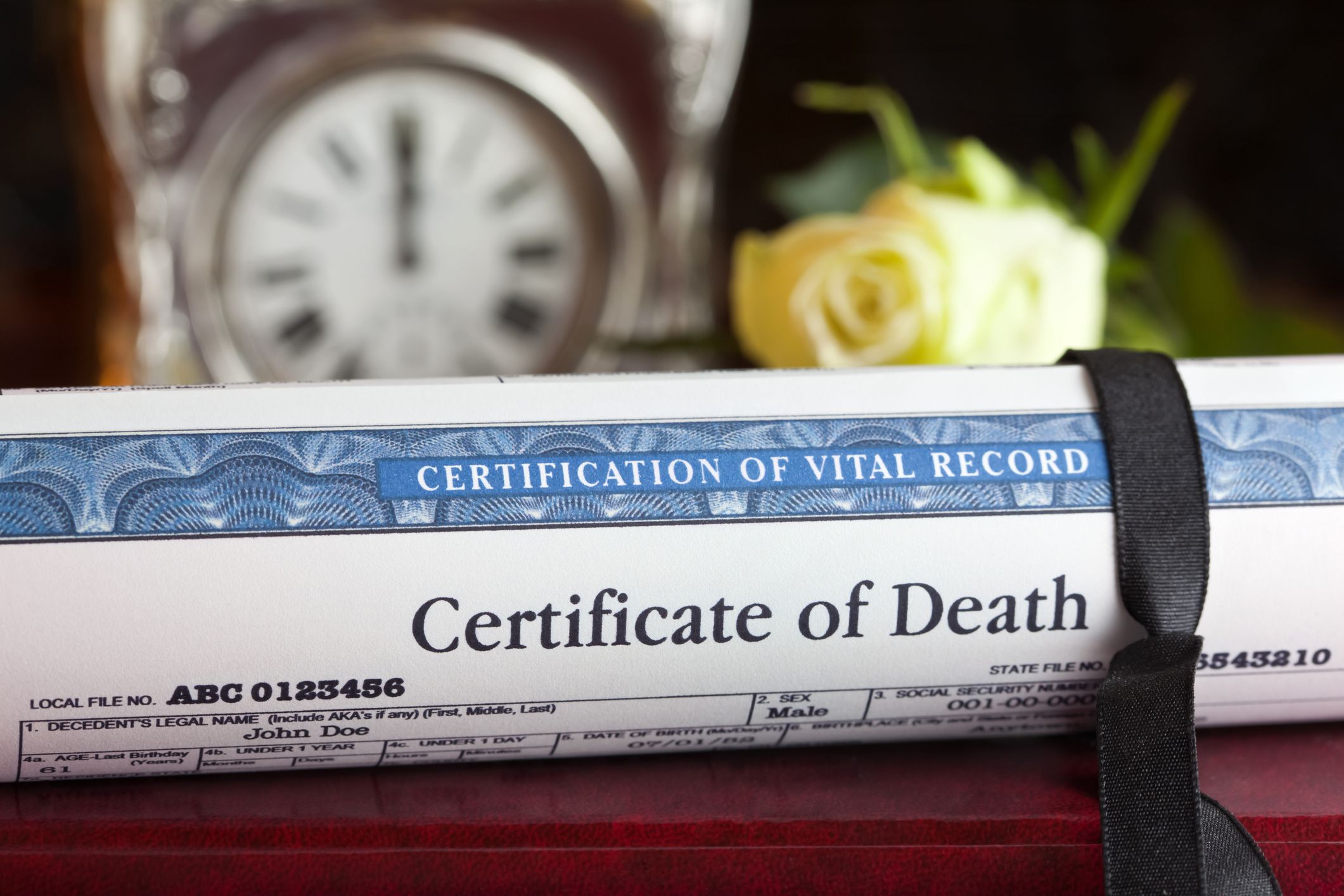
When someone dies, getting an official, certified copy of the death certificate is critical to closing out their estate, which includes settling financial accounts. The death must also be registered with the state’s vital records office. “In many cases, 10 copies of the death certificate will do, but the more accounts the individual has, the more copies you will need,” Lambert says. The death certificate is usually created by a medical examiner, but it can be requested from a funeral home.
Related: 20 Ways to Prepare for the Loss of a Spouse
Tell Family and Friends of the Individual’s Passing

If you have access to the deceased’s cellphone, look for frequent contacts in their call log or emergency contact information and begin notifying these people of the death. “Find other close contacts by looking through their email, U.S. postal mail, notes left around their house, their social media posts, or connect with their neighbors,” advises Bob Castaneda, program director for Walden University’s master’s program in finance.
Create a Memorial Website

Telling people about a death can be simplified by creating a memorial website to share details about funeral services, photos, and even stories about their life, Bussen says. The website can be used to point friends and family to charitable organizations where donations can be made in honor of the deceased. There are many online platforms that can help, including Farewelling. Additional options include Remembering.Live and Memories.
Trending on Cheapism
Take Inventory

Perhaps one of the most significant tasks when someone dies is taking inventory of their financial affairs. “Make a list of every account held in their name, and every asset. This includes bank accounts, brokerage accounts, retirement accounts, automobiles, insurances, credit cards, personal property, utility accounts, real estate, Social Security, and Medicare numbers,” Lambert says. “Anything and everything matters. You don’t want to leave anything out.” This step is important because you want to know who you need to contact about the death and find out what they need to close or process the account.
Pay Off Debts
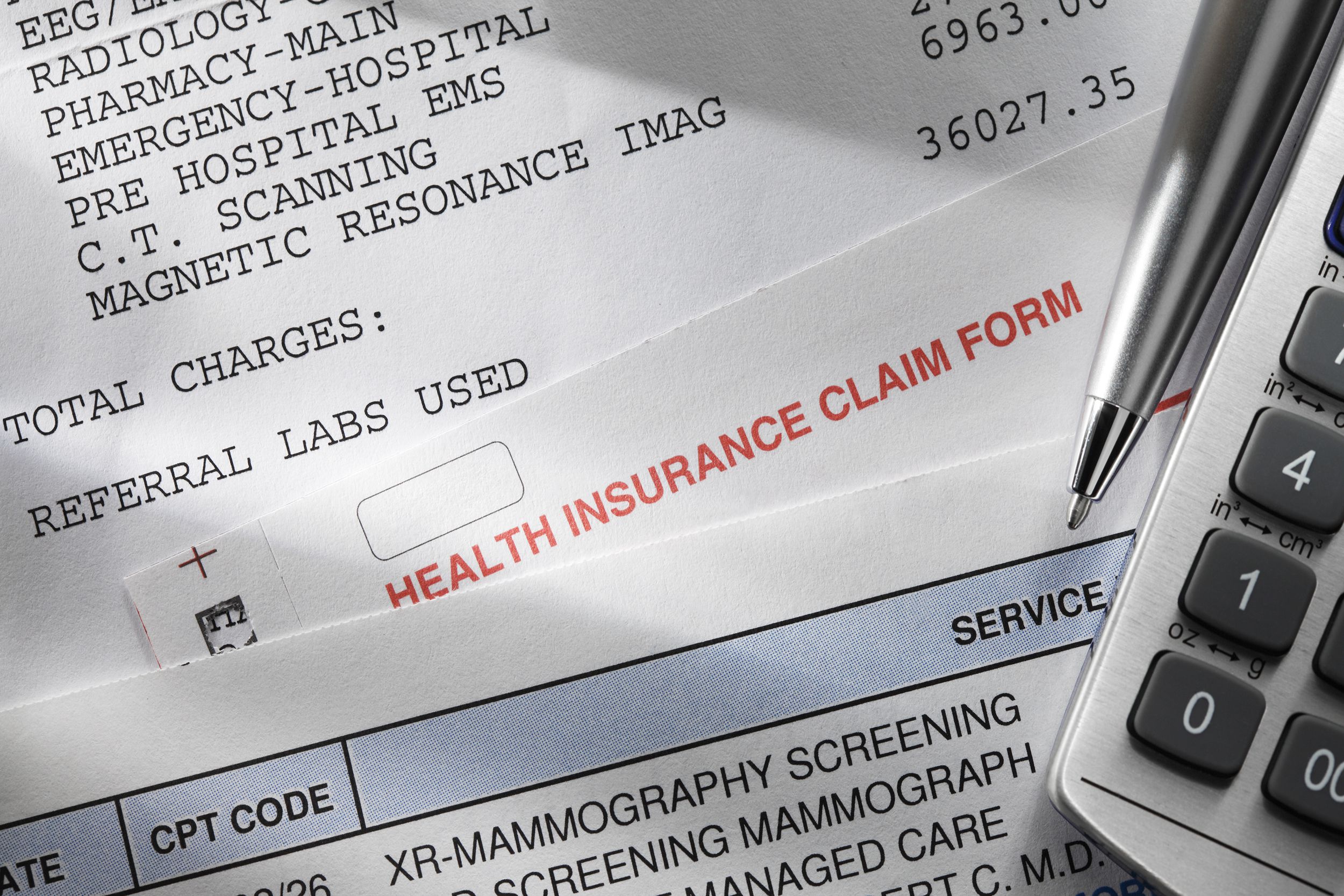
While sorting through financial affairs, you may need to begin paying off debts. “The easiest way to ascertain debts is by accessing the decedent’s mail or reviewing bank accounts to identify electronic funds transfers that were made to pay bills,” says attorney Mary Kate D’Souza, founder and chief legal officer for the estate planning website Gentreo. “Most people or agencies who are owed money also send regular statements in the mail detailing the amount owed.” Certain bills should be canceled right away, such as health insurance; others, such as those related to property, may need to continue. Keep a home’s heat and lights running if a home must be inspected and sold.
Do Not Run to the Bank

Many people make a beeline for the bank upon the death of a loved one, but Lambert advises against it. “If you happen to be married to the deceased person, you may accidentally cut yourself off from your accounts held in joint name,” Lambert says. “The banks are quick to freeze funds and force you to open estate accounts and consolidate monies there. It is by design. Their goal is to retain control of the monies and then refer you to one of their advisers … Only contact the bank once you’re organized, have all your required paperwork and a plan regarding how to proceed with the estate.”
Sign up for our newsletter
Notify the Individual’s Employer

Reach out to the deceased’s employer so that you can inquire about benefits, final paychecks, or life insurance. “Employee death benefits may include survivor’s insurance, transporting of the deceased — if the death occurred on the job — or paying out unused vacation or [time off],” Castaneda says. The employer may also need to coordinate the return of company assets and get a death certificate to process life insurance claims.
Related: 32 Ways to Save on Life Insurance
Stop Social Security Benefits
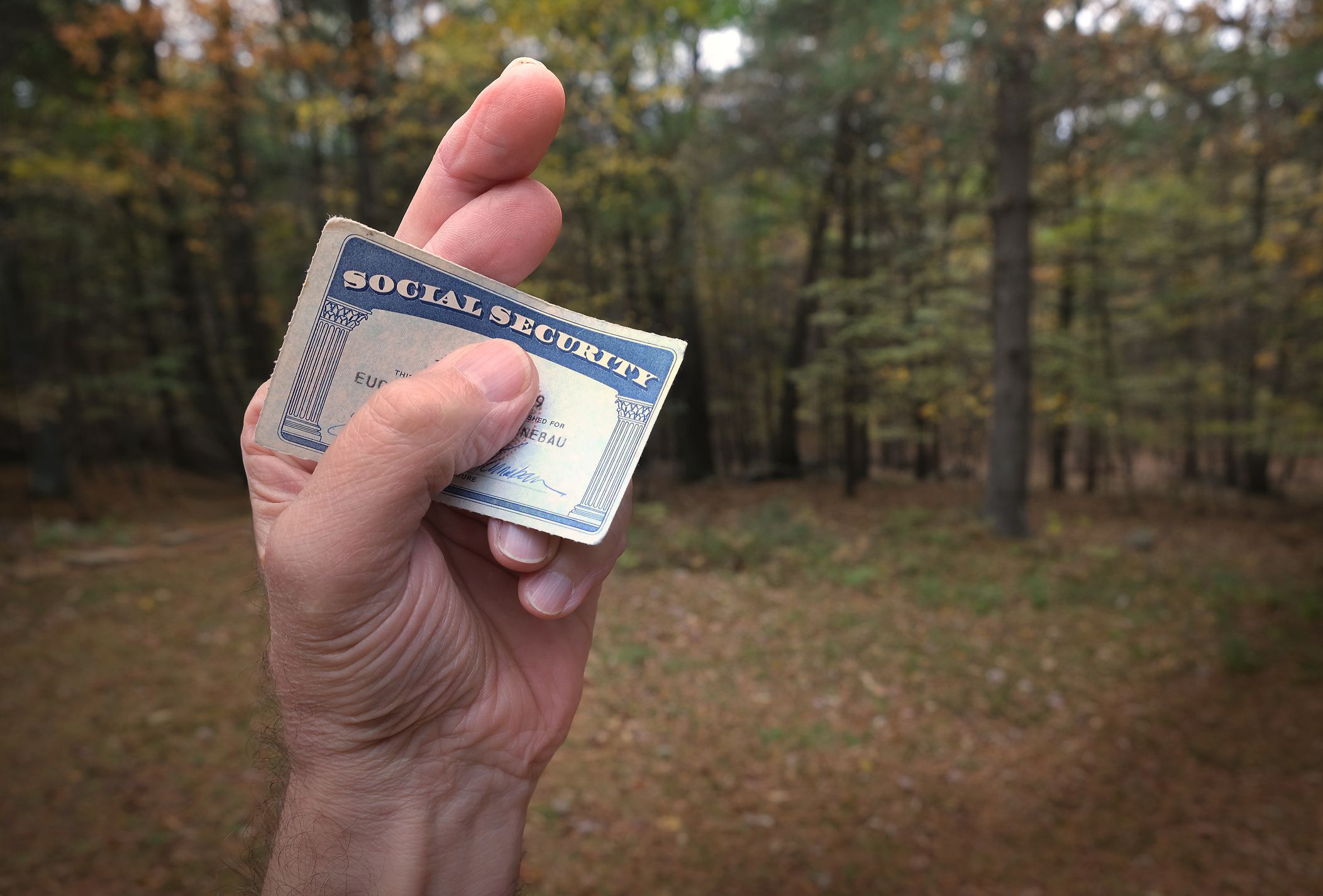
If the deceased was a Social Security beneficiary, contact the Social Security Administration immediately to stop the checks. “Individuals can be penalized and imprisoned under penalty of law for any Social Security benefits spent after a loved one dies,” Castaneda says. “All benefits received after a beneficiary’s death must be returned to SSA”
Related: Why Future Retirees Might Get Less Social Security Money
Take Care of Pets Left Behind
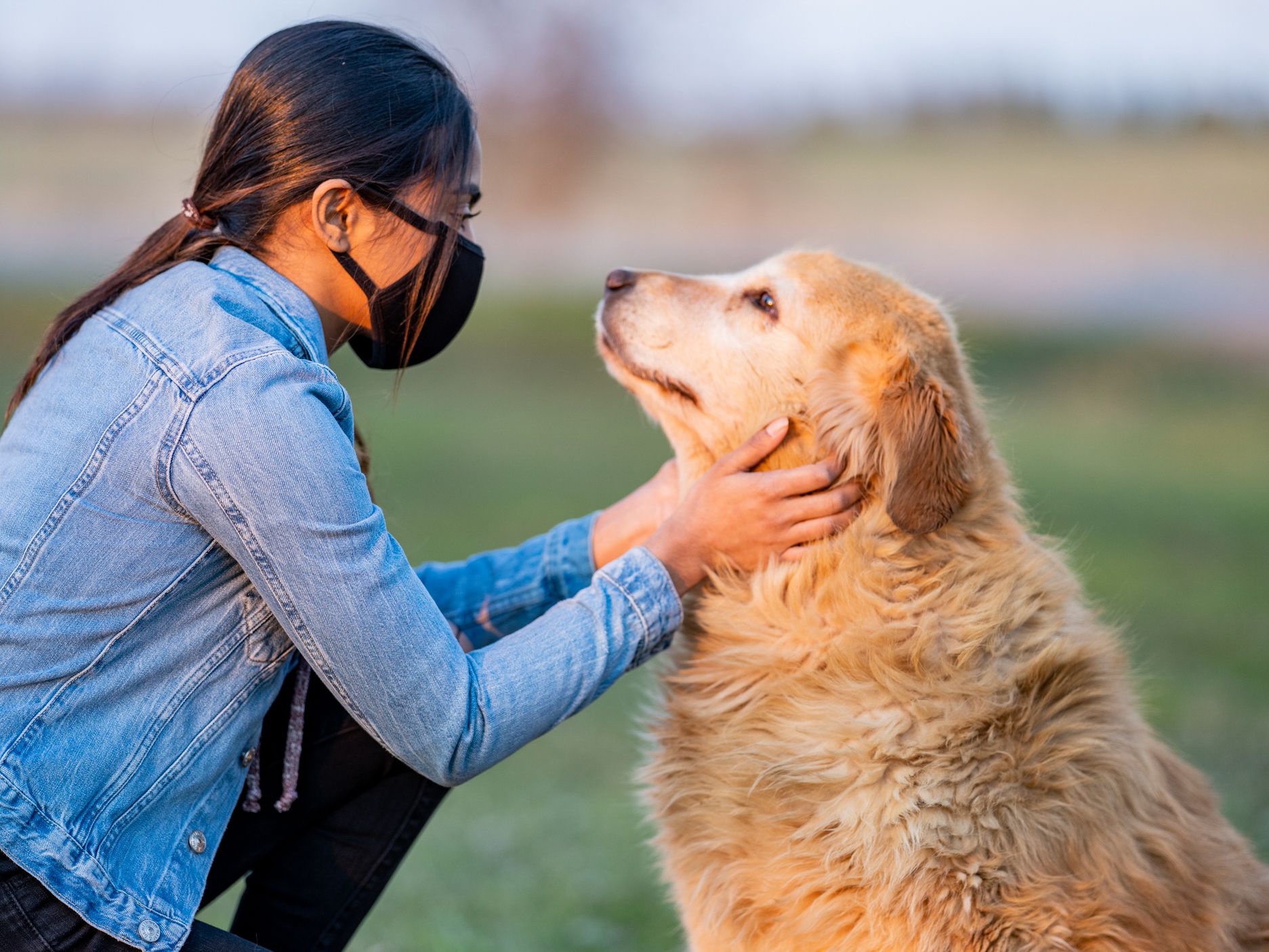
Don’t overlook a loved one’s pets after a death. “Ensure they have immediate food, water, and shelter,” Castaneda says. “If the pets already have a veterinarian, confirm whether they are up to date on their shots and medical treatments. And work with family members to facilitate permanent new housing for any pets.”
Secure the Loved One’s Property
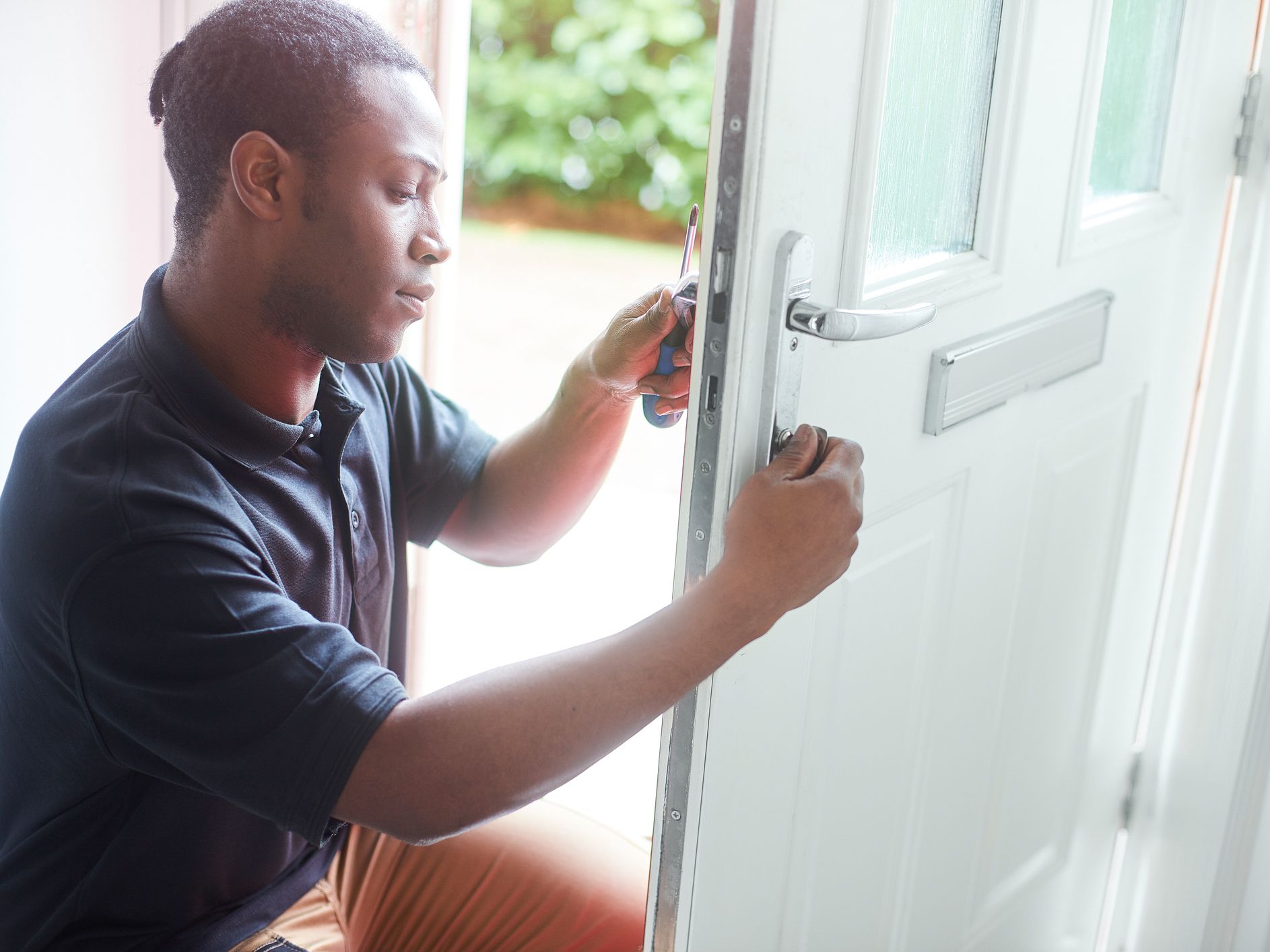
If the loved one lived alone, you’ll also want to be sure to secure their property. “Change door locks or passcodes, pick up delivered mail, and contact their service providers to cancel or transfer their phone contract,” Castaneda says. “If your deceased loved one had safety boxes in their home, move them to a discreet, secure location where they cannot be accessed by others.”
Notify Credit Agencies

Upon the death of a loved one, you should get in touch with the three major credit reporting agencies — Equifax, TransUnion, and Experian. “This is important to help prevent any fraudulent activity,” says Jacob Dayan, CEO and co-founder of Community Tax. “Check every so often to verify no new lines of credit or other suspicious activity is taking place in your loved one’s name. It can happen from time to time.”
Contact Government Agencies

Beyond notifying Social Security of a death, there may be other government entities and agencies to reach out to, Dayan says. These can include Medicare, the Department of Motor Vehicles, Veterans Affairs, and the post office, so you can have mail forwarded to an appropriate address and cancel accounts or subscriptions you might have missed when reviewing financial accounts.
Initiate a Family Meeting
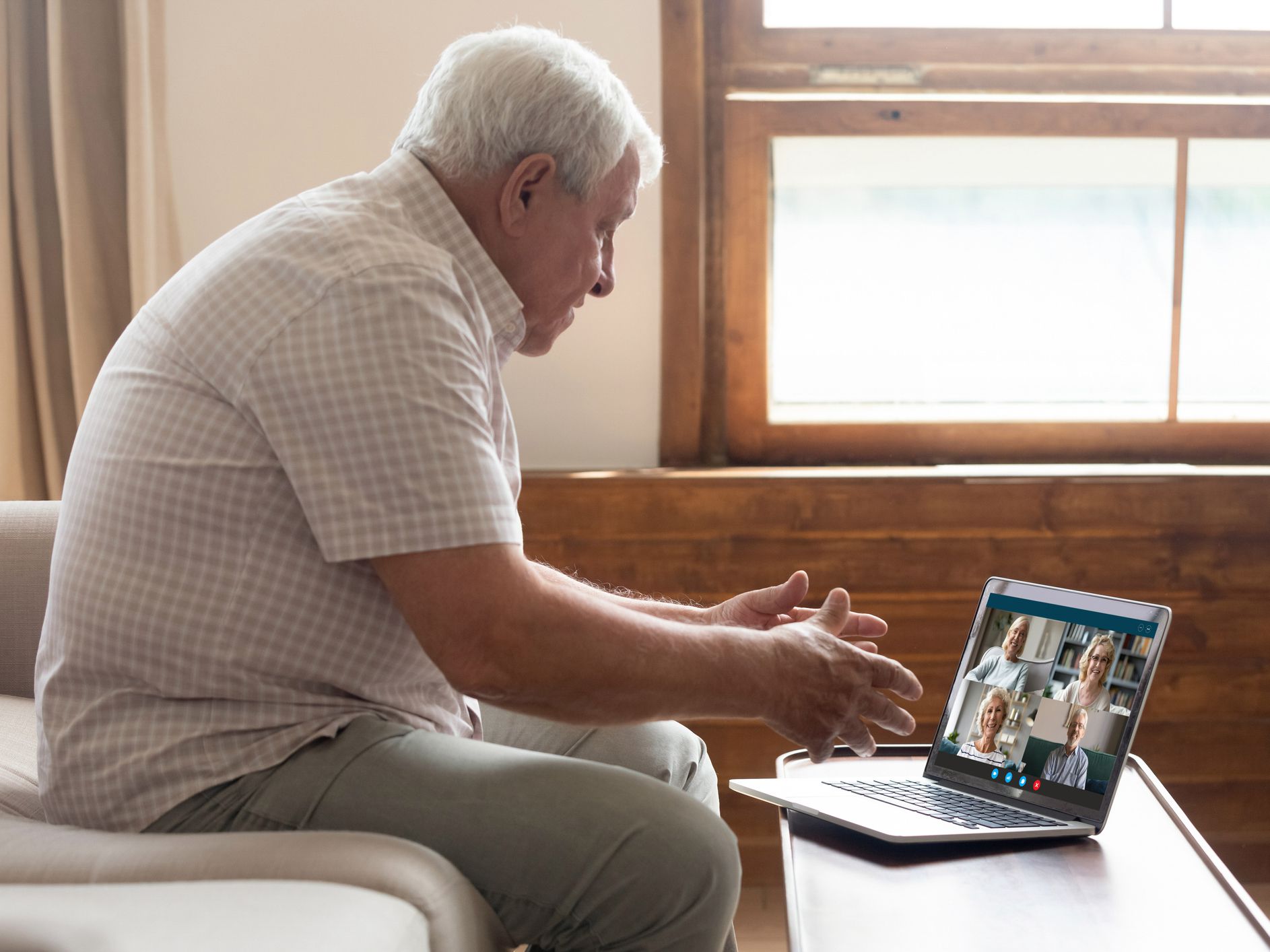
Hosting a family gathering is a good way to discuss and finalize remaining details and arrangements. This meeting could address such things as the deceased’s funeral wishes and associated costs, as well as next steps, such as getting an estate attorney involved with distribution of the individual’s assets and liabilities. “Grieving families should also discuss temporary care of any pets, cleaning out perishable foods in the home, and establishing who will maintain any property, such as houses, cars or personal items, until they are disposed or distributed,” Castaneda says.






